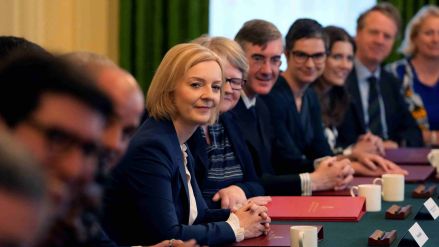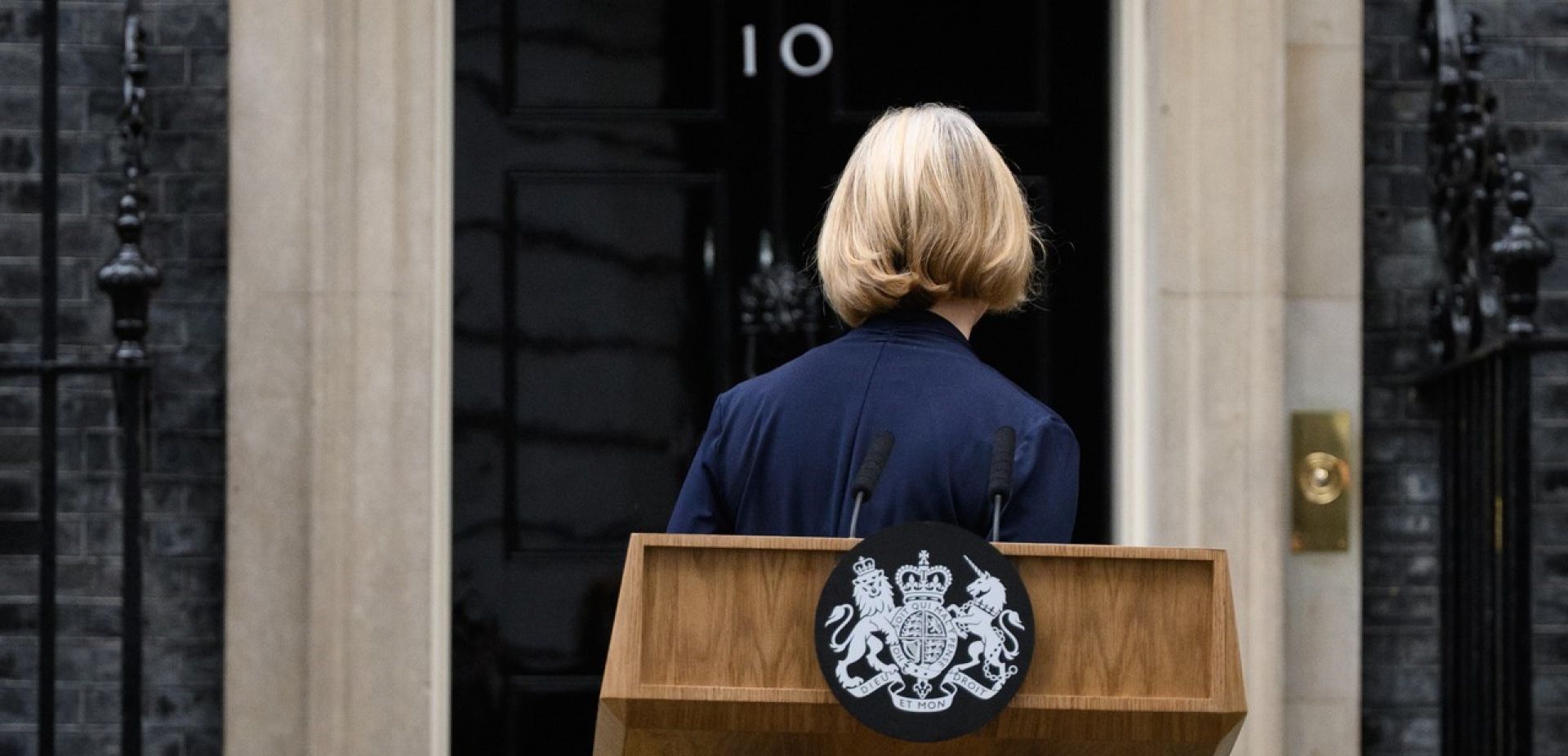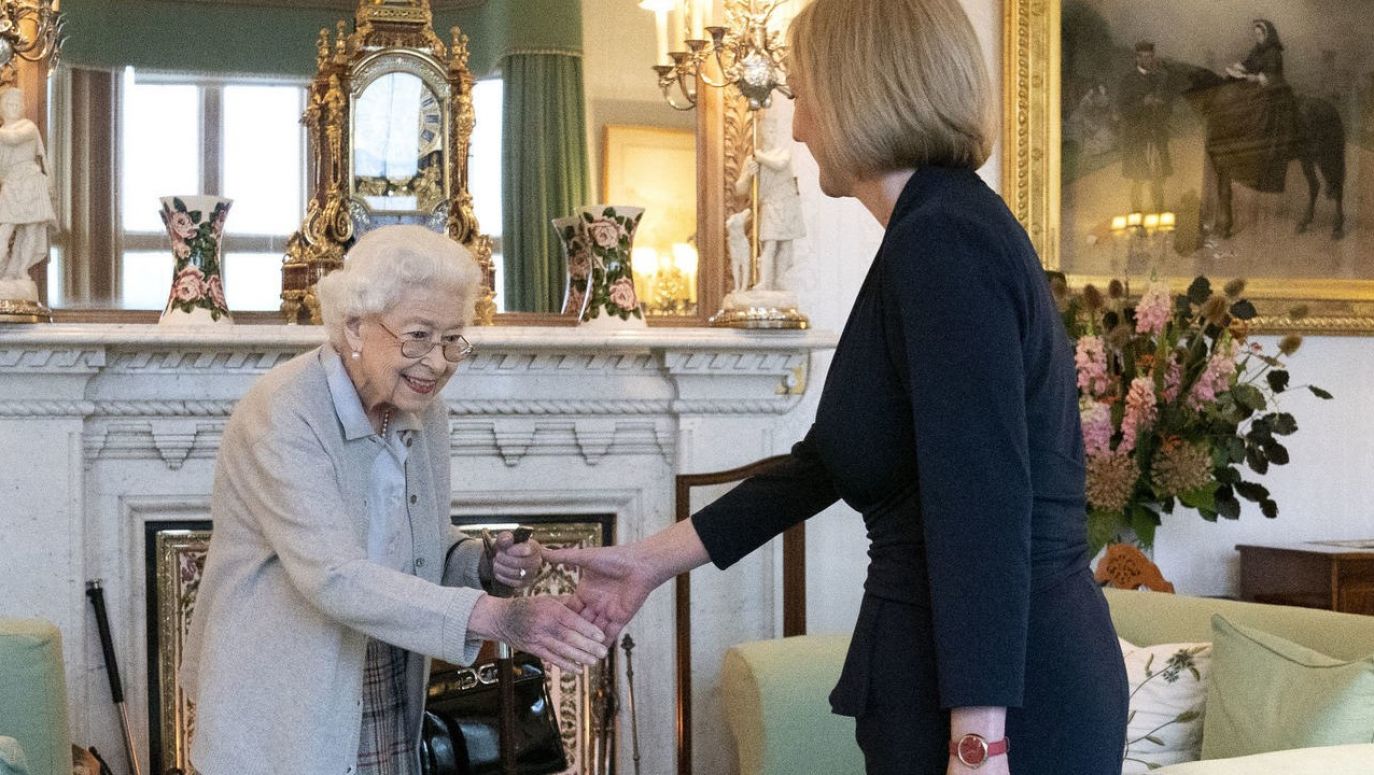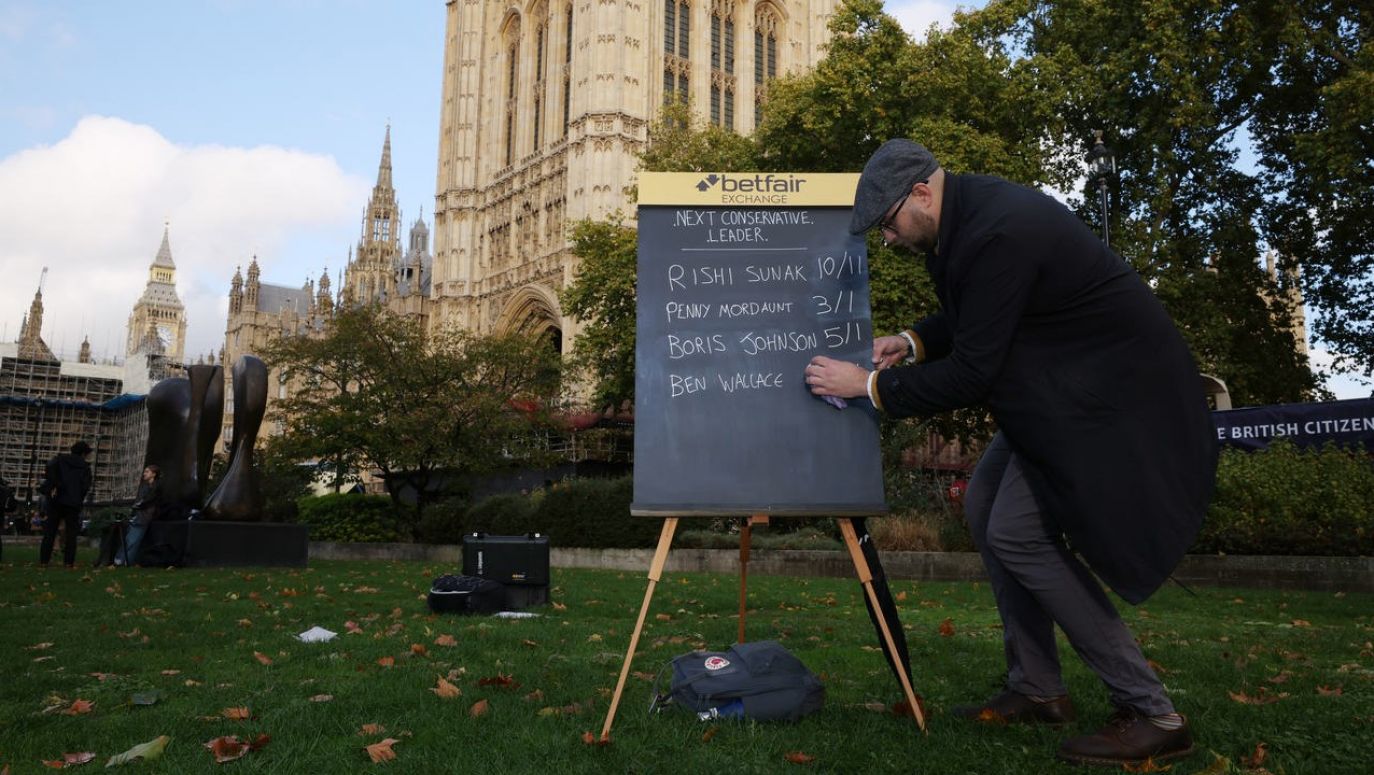
Labour and the Conservative Party do not differ on fundamental issues, says Maciej Zakrzewski, political scientist.
see more
Yes – because in the Conservative Party, which she led, resistance against her was growing at an exponential pace. A dozen or so deputies had already publicly demanded the resignation of the PM, and the course of the vote on lifting the ban on shale gas extraction (held on the evening of Wednesday, October 19) showed that the situation was spinning out of control. The departure of Interior Minister Suella Braverman from the government was a signal that the situation from the last days of Boris Johnson’s government could repeat itself. The nails in the coffin of his cabinet were the resignations of consecutive ministers.
 SIGN UP TO OUR PAGE
SIGN UP TO OUR PAGE 
No – because until the very last moment, as evidenced by the aforementioned declaration, Liz Truss did not show any readiness to step down. It was not possible to remove her because the Conservative Party’s rules did not allow for it. They state that a leader who receives a vote of confidence in an internal party vote and is approved as the head of the party, is safe for a year, because the removal procedure cannot be repeated in this timeframe. They can only step down on their own, voluntarily or under pressure from party colleagues, it doesn't matter. Since Liz Truss became the leader on September 6, she had a lot of time ahead of her. But, as it turns out, it only seemed so.
From the moment the Prime Minister abandoned carrying out the economic program that accompanied her leadership bid and handed over the reins of government in this area to Jeremy Hunt as the new Chancellor of the Exchequer, nothing more was expected of her other than refraining from meddling and allowing others to act. In short – remembering the memorable words of French President Jacques Chirac in 2003: she should seize the opportunity to sit quietly.
Let us recall then, how Liz Truss, who became the Tory leader with the support of 57% of party members by defeating Rishi Sunak, Boris Johnson’s Chancellor of the Exchequer, lost everything. She is leaving as a prime minister who has left nothing behind, apart from a gift for the opposition Labour Party in the form of a 36-point advantage over the Tories. If elections were to be held now, Labour would win.
“Too far, too fast”
“If someone asks if Prime Minister Liz Truss is still in power, the answer is: she is in office, but she is not in power” – the Daily Mail used these words in commenting on the situation of the head of the British government a few days before her resignation. The conservative-leaning The Spectator, was of the same opinion. On Monday, October 17, when considering whether Liz Truss would continue to be in power later that week, it briefly assessed the situation: “She is no longer in power.”


 SIGN UP TO OUR PAGE
SIGN UP TO OUR PAGE 








